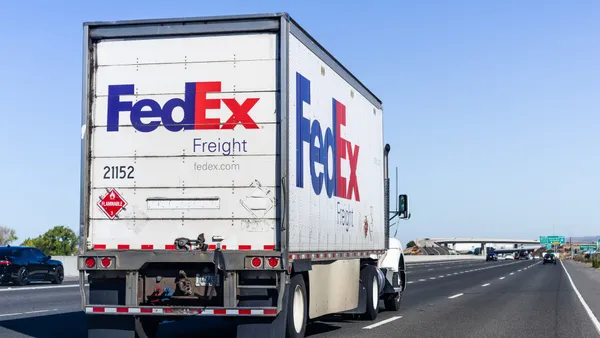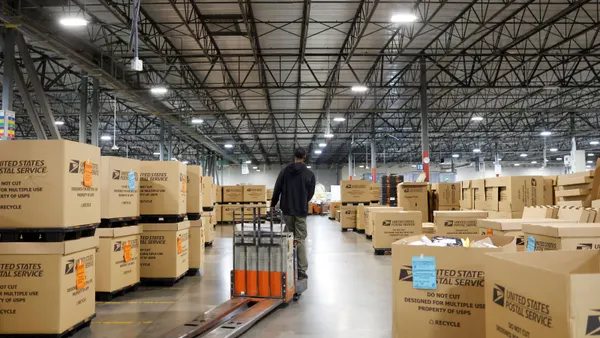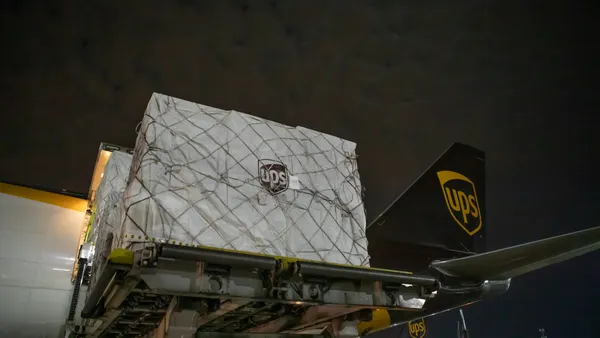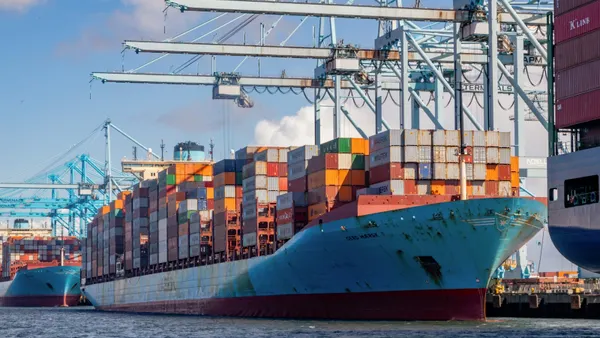Dive Brief:
- CMA CGM, Seatrade Group and Marfret announced a new vessel sharing agreement, creating a dedicated reefer service connecting New Zealand, Australia, Peru, Europe and the U.S.
- A total of 13 modern geared ships with a capacity between 2200 and 2500 TEUs will be deployed, with 6 CMA CGM, 6 Seatrade and 1 Marfret vessels participating. Each will carry at least 600 refrigerated containers, or reefers, for safe transport of perishables.
- Set to launch October 2017, the agreement would be one of the first vessel sharing agreement between a container line and specialized reefer operator, according to The Loadstar. It would also provide the only direct link from New Zealand to the U.S. and Europe.
Dive Insight:
Cold chain growth in the ocean cargo transport industry is a direct outcome of the growing demand for year-round availability of previously seasonal fruits and vegetables.
A global edibles economy, rising middle class, demand for modern food-tracking equipment and government support for international food export is improving global demand for cold-chain infrastructure. To supply this demand, however, carriers have to invest in refrigerated transport options. For ocean carriers, this means gaining access to more refrigerated containers, or reefers.
Other carriers, such as Hapag-Lloyd or Maersk Line, have been adding refrigerated vessels and containers at breakneck speeds, spurring a sort of cold-chain arms race in the ocean transportation sector. Yet, CMA CGM's vessel sharing agreement shows one way to invest in added reefer capacity, without deploying too much capital.
The decision to join a vessel sharing agreement leaves all three members free to withdraw (after contract termination dates) should the venture prove less economically beneficial than planned. Without significant investment in new vessels or long term entanglement, the three members can dip their toes in the water of a new route system for a defined period in a low-risk endeavor.










